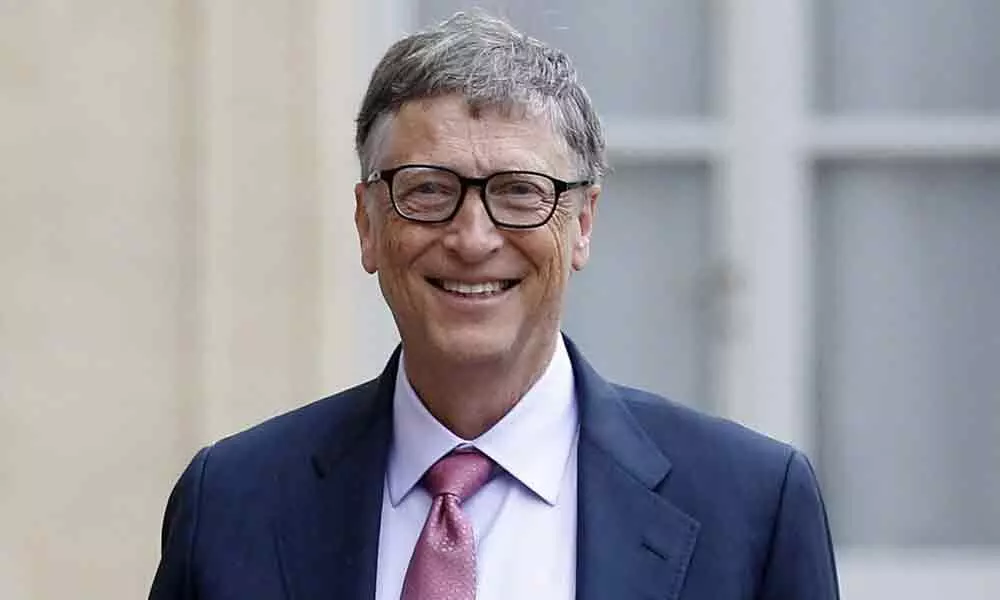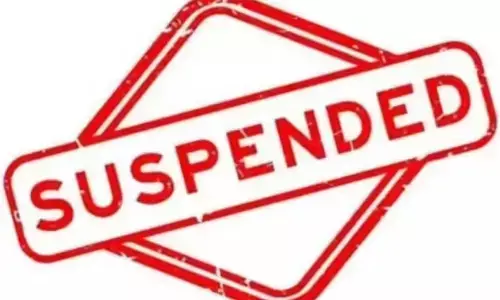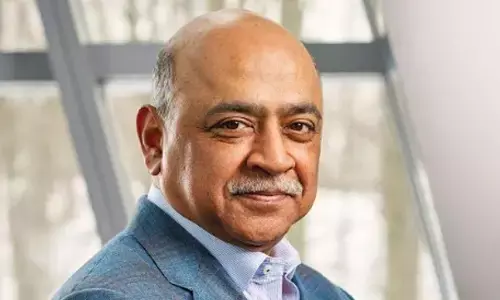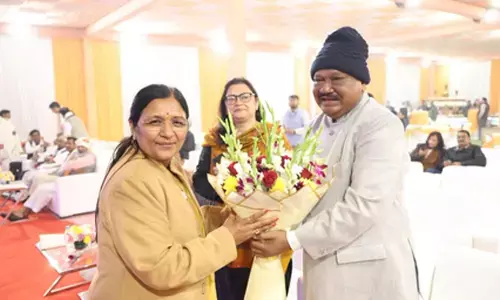Rich world could be close to normal by late 2021 if vaccine works: Bill Gates

Microsoft founder Bill Gates
- Microsoft founder Bill Gates claimed Tuesday that richer countries could be returning to close to normal by the end of 2021
- It would only happen if a coronavirus vaccine is ready soon and distributed properly on a large scale
- He added that stopping transmission worldwide could take up to three years
- Gates, 64, warned that the US must be preparing now to eradicate any public reluctance over taking a vaccine He also hit out at the FDA for not being 'as strong as you would expect'
Rich countries could be back to close to normal by late 2021 if a COVID-19 vaccine is approved soon and widely distributed, Microsoft founder Bill Gates said on Tuesday.
In an interview with the Wall Street Journal, Gates, 64, warned that the success of the vaccines currently being trialed in the US is not guaranteed.
Yet he urged the country to begin preparing now for ways to reduce the hesitance of the public regarding its safety, as concerns grow among Americans that the discovery of a vaccine has become too political to be trusted.
Gates also hit out at the Food and Drug Administration who he claimed embarrassed itself with false information and praise of political figures when they began to talk about the use of plasma as a COVID-19 treatment.
'The FDA did embarrass itself pretty badly with the plasma announcement, where they made claims that were just completely wrong. They put a lot of praise of political figures into it so they haven't been as strong as you would expect,' Gates alleged.
Yet he said he stands behind the agency in trusting the safety of a vaccine.
'With the vaccine and the idea of the expert panel and the professional team, I do think this is the gold standard that both the US and the world will want to look to before you want to give the vaccine out to millions of people,' he claimed.
COVID-19 vaccines developed by Pfizer/BioNTech and AstraZeneca/Oxford University are two of the leading candidates in the race to be first to get regulatory approval in the West.
'We still don't know whether these vaccines will succeed,' Gates said. 'Now the capacity will take time to ramp up. And so the allocation within the U.S., and between the U.S. and other countries will be a very top point of contention.
'If you were going for an elimination where we don't have any more transmission, that will take two to three years,' he continued.
'In the rich countries, however, if you really in the first months of next year have the vaccine and they're fairly effective at transmission blocking, then by late next year you could have things going back pretty much to normal, that's the best case.'
The head of the World Health Organization said on Tuesday that a vaccine against COVID-19 may be ready by the end of the year.
Gates, who made a fortune from Microsoft, has since given $36 billion to the Bill & Melinda Gates Foundation, which aims to tackle extreme poverty and poor healthcare.
Last month the foundation signed an agreement with 16 pharmaceutical companies, which Gates said committed them to scaling up manufacturing at an unprecedented speed, and making sure that approved vaccines reach broad distribution as early as possible.
Russia has pushed ahead with its COVID-19 vaccine with mass public vaccinations alongside the main human trial, raising concerns among some observers that it was prioritising national prestige over solid science and safety.
'We're also talking with Russia and China,' Gates said. 'None of their vaccines are in a Phase III trial with a highly regarded regulator overseeing that trial.'
Gates said that from a scientific point of view the Russian and Chinese vaccines were perfectly valid projects but the absence of a well-respected Phase III study could limit their attractiveness outside their respective countries.
'The Western companies are further ahead on doing these Phase III studies and so if those come out well and they're offered at low cost, I doubt there'll be a lot of Russian or Chinese vaccines going outside of those countries,' he said.
Gates added that in the United States people should be thinking about ways to reduce hesitancy about having a COVID-19 vaccine when one is ready.
'You know, here in the U.S., we should already be thinking about which voices will help reduce the hesitancy. And so we can get a level of vaccination that really has a chance of stopping (it),' he commented.
He cited his experience in developing a vaccine for polio and the rumors and conspiracy theories that surrounded it.
'Vaccine hesitancy is in all countries and predates the pandemic,' Gates continued.
'Even with the polio eradication - that has been ongoing now for some decades and hopefully is very close to completion - we saw very bad rumors about the polio vaccine like it was from the US and it was to sterilize women.
'In places like Nigeria we had to go to the religious leaders talk to them have them speak out vaccine their children. So understanding the trust network who is an expert very few people can look at the formulation and the data directly.'
Asked who did best at balancing the competing health and economic needs, Gates said: 'South Korea, Australia - because this is an exponential event, a little bit of intelligence early on makes a huge difference.'
On Tuesday, Operation Warp Speed chief Dr Moncef Slaoui announced that US regulators will not have the first 'readout' of coronavirus vaccine efficacy before November.
It means the vaccine czar does not expect to be able to deliver a shot before Election Day, in blow to President Trump's November 3 hopes.
However, Dr Slaoui said he feels 'comfortable' that one or two vaccines will have proven effective within the next two months, and will have enough doses for about 30 million people, he said during a Johns Hopkins webinar on Tuesday.
It came just hours after an advisory committee at FDA recommended that any coronavirus jab have two months of safety data before being approved for Emergency Use Authorization (EUA).
The agency posted briefing documents for the Vaccines and Related Biological Products Advisory Committee's meeting on COVID-19 immunizations scheduled for October 22.
In addition to the safety data requirements, the committee has asked vaccine makers to submit their manufacturing process and controls information no less than one month prior to submitting an EUA request.
Although the recommendations have not been made official, and the FDA is not bound to accept them, they all but assure a shot for the virus that has killed more than 210,000 Americans will not be made available before Election Day.

















